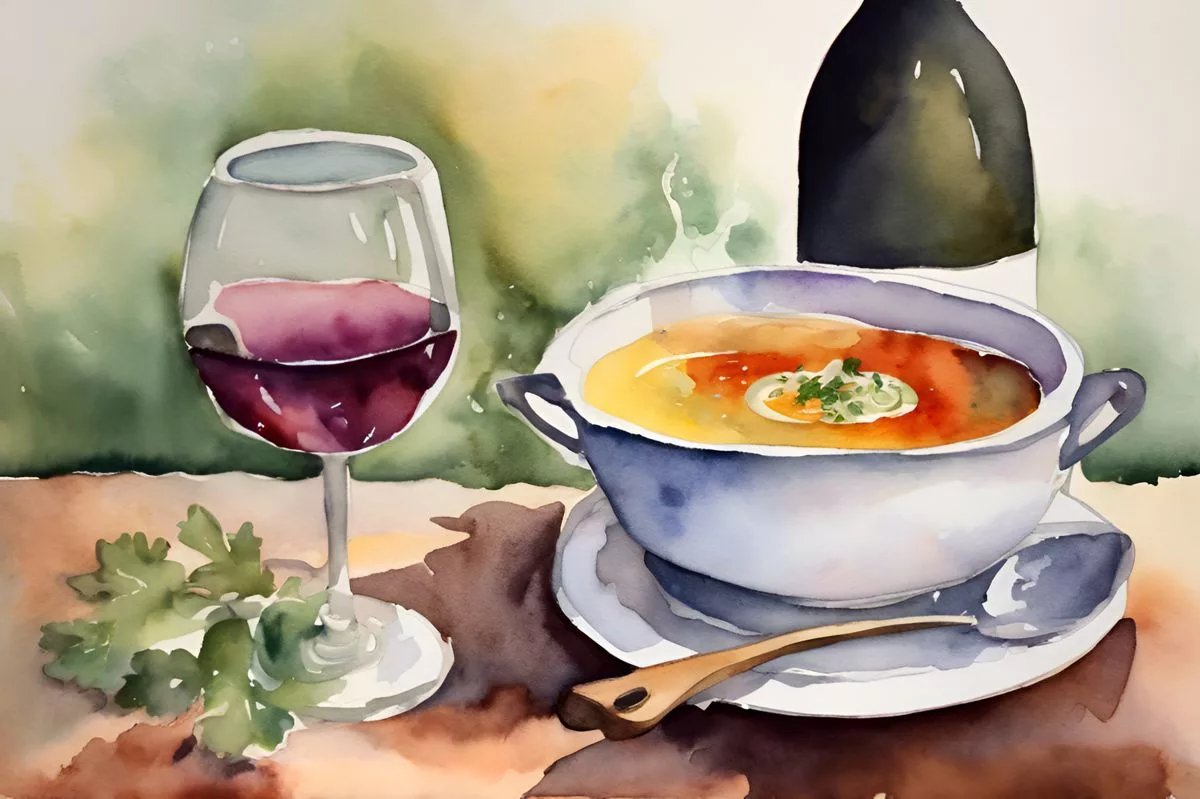The South African Parliament operates through two main bodies, the National Assembly and the National Council of Provinces, which meet regularly to discuss and vote on important matters. They adopt a hybrid form, allowing for both physical and virtual participation in the proceedings, promoting transparency and encouraging individual participation in the democratic process. The activities are open to the public and the media, showcasing the blending of tradition and modernity in the operation of this important institution. The importance of individual participation in the democratic process cannot be stressed enough, and the human factor propels these institutions.
How does the South African Parliament operate?
The South African Parliament operates through two main bodies: the National Assembly and the National Council of Provinces. These bodies meet regularly to discuss and vote on various important matters, such as choosing representatives for different organizations and filling crucial roles. They also adopt a hybrid form, allowing for both physical and virtual participation in the proceedings. The activities are open to the public and the media, ensuring transparency and encouraging individual participation in the democratic process.
On a typical, chilly Tuesday morning at 10:00, the majestic Cape Town City Hall serves as the home for the dignified National Assembly (NA). The echo of their confident, purposeful voices resonates through the grand arches and the impressive, towering ceilings. This assembly, a congregation of members from different political orientations, unites with a sole objective: to vote for their House Chairpersons and their representatives to the Southern African Development Community Parliamentary Forum. Additionally, the day’s itinerary involves choosing those who will serve on the Judicial Services Commission.
Digital Adaptation in Uncertain Times
As this vital session progresses, the members of the NA simultaneously partake in a complex virtual dialogue. This showcases the flexibility of these institutions in these unpredictable times. This hybrid meeting – an amalgamation of the age-old tradition of physical gathering and the requirements of modern technological age – displays the inherent resilience in our democratic frameworks.
In the ensuing hours, the Portfolio Committees of the National Assembly rise to the challenge of selecting their chairpersons. They then immerse themselves in the rhythm of understanding the myriad details revealed in the departmental briefings on budget votes. This task, while demanding, is evidence of the meticulous commitment and dedication these public servants show in their quest for effective governance. These moments, where statistics and facts merge into a roadmap guiding the nation’s advancement, encapsulate the essence of democracy.
The National Council of Provinces
As the afternoon sun casts elongated shadows over the Parliament building, the NCOP Chamber starts to buzz with eagerness. At 14:00, the National Council of Provinces (NCOP) gathers, their voices echoing in the sacred chamber, each word bearing the significance of the provinces they speak for. The schedule for this assembly is just as rigorous as that of their counterparts in the National Assembly. Crucial roles, like the Permanent Deputy Chairperson of the NCOP, Programming Whip, House Chairpersons, have to be filled. Representatives must also be elected for the Pan African Parliament, the Southern African Development Community Parliamentary Forum, the Judicial Services Commission, the Magistrate Commission, and the Political Office-Bearers Pension Fund and PARMED Medical Aid Scheme Trustee Members.
The obligations that these roles carry are monumental. They act as the threads that form the intricate fabric of the nation’s legislative framework, thereby molding the nation’s trajectory. This assembly also adopts a hybrid form, with delegates participating both physically and virtually, once again showcasing the blending of tradition and modernity in the operation of this important institution.
Participation and Transparency in a Digital Era
The activities of these critical meetings are open to the general public and the media. Indeed, the transparency of these proceedings is fundamental to the concept of participatory democracy. Individuals can tune into Parliament TV, or follow the live stream on Parliament’s YouTube channel, Facebook, and Twitter pages. Even in this digital age where information is readily available, the importance of individual participation in the democratic process could not be stressed more.
Although regular citizens may not be able to directly submit bills to Parliament, they can sway the legislative process by lobbying MPs or committees to introduce legislation addressing their issues. This participation underlines the power of the individual in effecting change, a truth that lies at the core of democracy.
The Human Element in Politics
Within these political hubs, individuals like Mr. France Bongani Mfiki, of uMkhonto weSizwe, stand out. His dedication to the cause becomes a symbol of public service, reminding us of the human factor that propels these institutions.
The South African Parliament, in its dual form as the National Assembly and the National Council of Provinces, is more than just a physical structure. It is a representation of the nation’s ambitions and the primary force of its progress. The proceedings of one day provide a peek into the tireless effort and unwavering dedication of those who serve within its walls and beyond, ceaselessly crafting the narrative of this vibrant democracy.
1. How does the South African Parliament operate?
The South African Parliament operates through two main bodies: the National Assembly and the National Council of Provinces. These bodies meet regularly to discuss and vote on various important matters, such as choosing representatives for different organizations and filling crucial roles. They also adopt a hybrid form, allowing for both physical and virtual participation in the proceedings. The activities are open to the public and the media, ensuring transparency and encouraging individual participation in the democratic process.
2. What is the National Council of Provinces?
The National Council of Provinces (NCOP) is one of the two bodies that form the South African Parliament. It is responsible for representing the interests of the provinces and ensuring that provincial legislation complies with the Constitution. The NCOP meets regularly to discuss and vote on important matters and its activities are open to the public and the media.
3. How does the South African Parliament ensure transparency?
The activities of the South African Parliament are open to the public and the media. Individuals can tune into Parliament TV, follow the live stream on Parliament’s YouTube channel, Facebook, and Twitter pages, and attend the physical proceedings. The transparency of these proceedings is fundamental to the concept of participatory democracy.
4. Can regular citizens submit bills to Parliament?
Regular citizens may not be able to directly submit bills to Parliament, but they can lobby MPs or committees to introduce legislation addressing their issues. This participation underlines the power of the individual in effecting change, a truth that lies at the core of democracy.
5. What is the importance of individual participation in the democratic process?
The importance of individual participation in the democratic process cannot be stressed enough. Individuals can sway the legislative process by lobbying MPs or committees to introduce legislation addressing their issues. This participation underlines the power of the individual in effecting change, a truth that lies at the core of democracy.
6. Who are some individuals that stand out in the South African Parliament?
Individuals like Mr. France Bongani Mfiki, of uMkhonto weSizwe, stand out in the South African Parliament. His dedication to the cause becomes a symbol of public service, reminding us of the human factor that propels these institutions.












